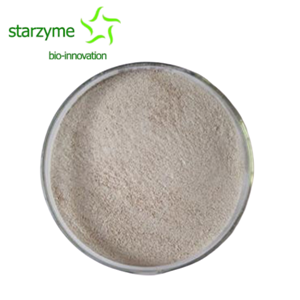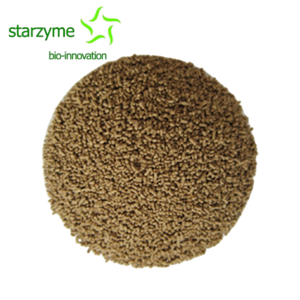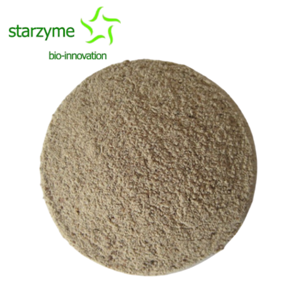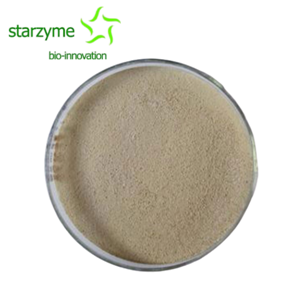Preparaciones enzimáticas para ganado vacuno y ovino: ¿es más eficaz la alimentación temprana o la alimentación tardía?
In the process of raising cattle and sheep, the use of enzyme preparations has become an important means to improve feed utilization and animal growth performance. However, farmers often have doubts about the timing of feeding enzyme preparations, whether it is early or late feeding. Early feeding can help improve nutrient absorption, while later feeding focuses more on improving production performance. This article will delve into this issue in depth to help everyone better understand and apply enzyme preparations.
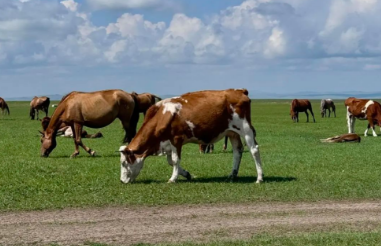
1、 Digestive Physiology of Cattle and Sheep and Mechanisms of Feeding
Cattle and sheep, as ruminants, have unique structures and functions in their digestive systems. During the digestion process, enzyme preparations play a crucial role in breaking down anti nutritional factors in feed, improving its digestibility and nutritional value. Therefore, the feeding timing should fully consider the digestive physiological characteristics of cattle and sheep.
2、 The Advantages of Feeding In the Early Stage
The early feeding of enzyme preparations is mainly targeted at young livestock or newly introduced cattle and sheep. At this time, the animal's digestive system is not fully developed and its ability to digest feed is limited. Feeding enzyme preparations can help animals better absorb nutrients from feed and promote growth and development. In addition, early feeding can help improve the health status of animals, enhance resistance, and reduce the incidence of diseases.
3、 The Advantages of Feeding In the Later Stage
As cattle and sheep grow and develop, the function of their digestive system gradually improves. In the later stage of animal husbandry, the main purpose of feeding enzyme preparations is to improve the production performance of animals. They help animals better utilize the energy and protein in their feed, increasing production indicators such as meat and milk production. In addition, feeding enzyme preparations in the later stage can help improve the quality of feed, reduce feed waste, and lower feeding costs.
4、 Considering the Timing of Feeding Comprehensively
In the actual feeding process, the timing of enzyme preparations feeding should be comprehensively considered according to specific circumstances. For young livestock or newly introduced cattle and sheep, it is recommended to feed enzyme preparations in the early stage to improve nutrient absorption and promote growth and development; For mature cattle and sheep, enzyme preparations can be fed in the later stage according to production needs to improve production performance. At the same time, factors such as feeding environment and feed type can also affect the timing of feeding, which needs to be flexibly adjusted according to the actual situation.
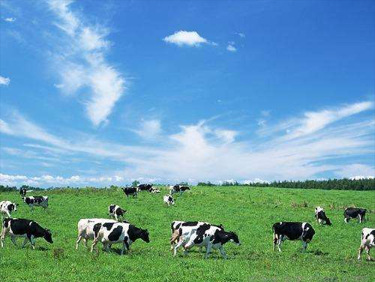
In short, the timing of feeding cattle and sheep enzyme preparations is a complex and important issue. By delving into the digestive and physiological characteristics of cattle and sheep, the mechanisms of enzyme preparations, and practical feeding experience, we can find the most suitable feeding timing, thereby improving feed utilization and animal production performance, and achieving sustainable development of the breeding industry.

